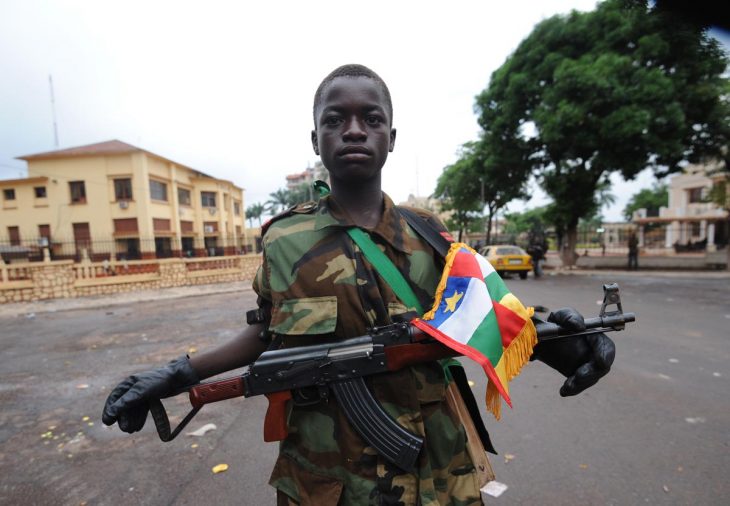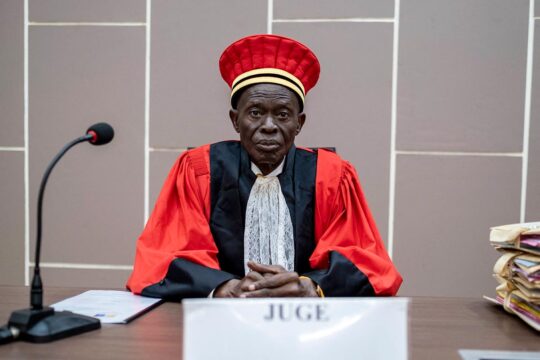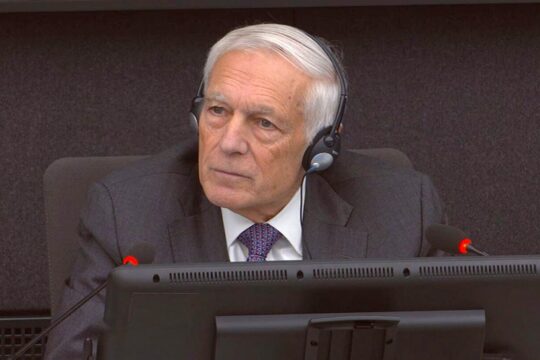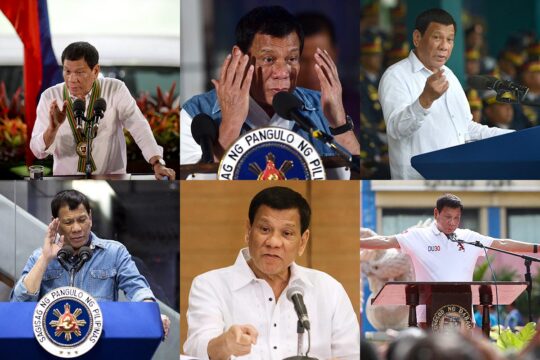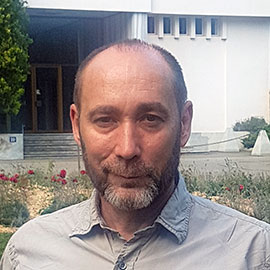“The Special Criminal Court must respect international standards,” said Canadian-Cameroonian jurist Dieudonné Detchou. “Child soldiers are also victims. Up to now, no international tribunal has prosecuted children under 15, and the SCC will not prosecute them.” Detchou is one of the four top members of the SCC prosecution team, along with a Congolese chief Prosecutor, a Central African deputy and another Central African.
The announcement came on September 25 during a training workshop for Central African journalists in the CAR capital Bangui. The SCC prosecution thus plans to follow the same line as other “mixed” or “hybrid” courts that went before it. In 2002 the Prosecutor of the Special Court for Sierra Leone, confronted with the same issue, laid down some key principles for these courts specially created to try serious crimes: since their action is limited, they should concentrate on the biggest or most notorious suspects, and these do not include child soldiers.
Three levels of justice
As Detchou said, “that doesn’t mean that the ordinary courts cannot do so.” Indeed, crimes of genocide, crimes against humanity and war crimes committed in the CAR since 2002-2003 – and in reality especially those committed between 2013 and today – can be tried at three levels.
At the international level, the International Criminal Court (ICC) remains seized of the situation even if, in eleven years of investigations, it has not done much. It has prosecuted only one person, Congolese former rebel leader Jean-Pierre Bemba, who was finally acquitted on appeal in June this year.
At national level, the work is to be divided between the SCC, a court of national and international judges set up 2015 with UN support that is preparing to start investigations, and ordinary courts which this year started handling certain cases. These courts, also known as criminal courts, are the most lacking in resources but will no doubt have to handle the majority of cases. They could, in addition, deal with cases of children conscripted into armed groups during the ethnic and religious violence that has torn the country apart.
With the ICC having lost credibility in the country, expectations of the SCC are high, whilst the security situation makes part of the country inaccessible and the armed conflict is still ongoing. More than 15 months after the first judges were sworn in, there is increasing pressure for the court to show concrete action. The broad outlines of the court’s prosecution strategy, which had been expected in September, are now likely to be announced this month. The prosecution team is complete, as is that of its judicial police officers and investigating judges. Staff of the witness protection unit have just arrived.
“Don’t judge us in advance”
“How do you feel, given the scale of the task?” a local journalist asks deputy prosecutor Alain Ouaby-Bekaï. “We are doing well,” he replies. “We are ready to start.” And a local TV journalist wants to know how the court will avoid the influence and pressure from people in power suspected of being behind the violence. “The guarantee of that lies with the law and the good faith of the stakeholders,” court spokesman Théophile Momokoama replies with finesse. “Let the judges demonstrate their independence. Don’t let us judge them in advance.”
On September 29 at the Alliance Française in Bangui, a group of professional actors staged a new play written to help people understand the SCC. The play will now tour several towns in the provinces. The main character, Antoine at first shares people’s distrust of judicial mechanisms that have always betrayed them. “The SCC? Hahaha! That’ll be in 85 years, a token court!” he scoffs in the first act of the play. He also slams the “suits and ties with smoked glass windows” who benefit from such internationally funded projects. In the second act, however, Antoine has become convinced of the need for the court. Now he is tasked with explaining it to the population. “As I speak, the SCC is setting up,” he says. “Now it is time for justice. It is the moment of truth. But we will wait and see, right?”


